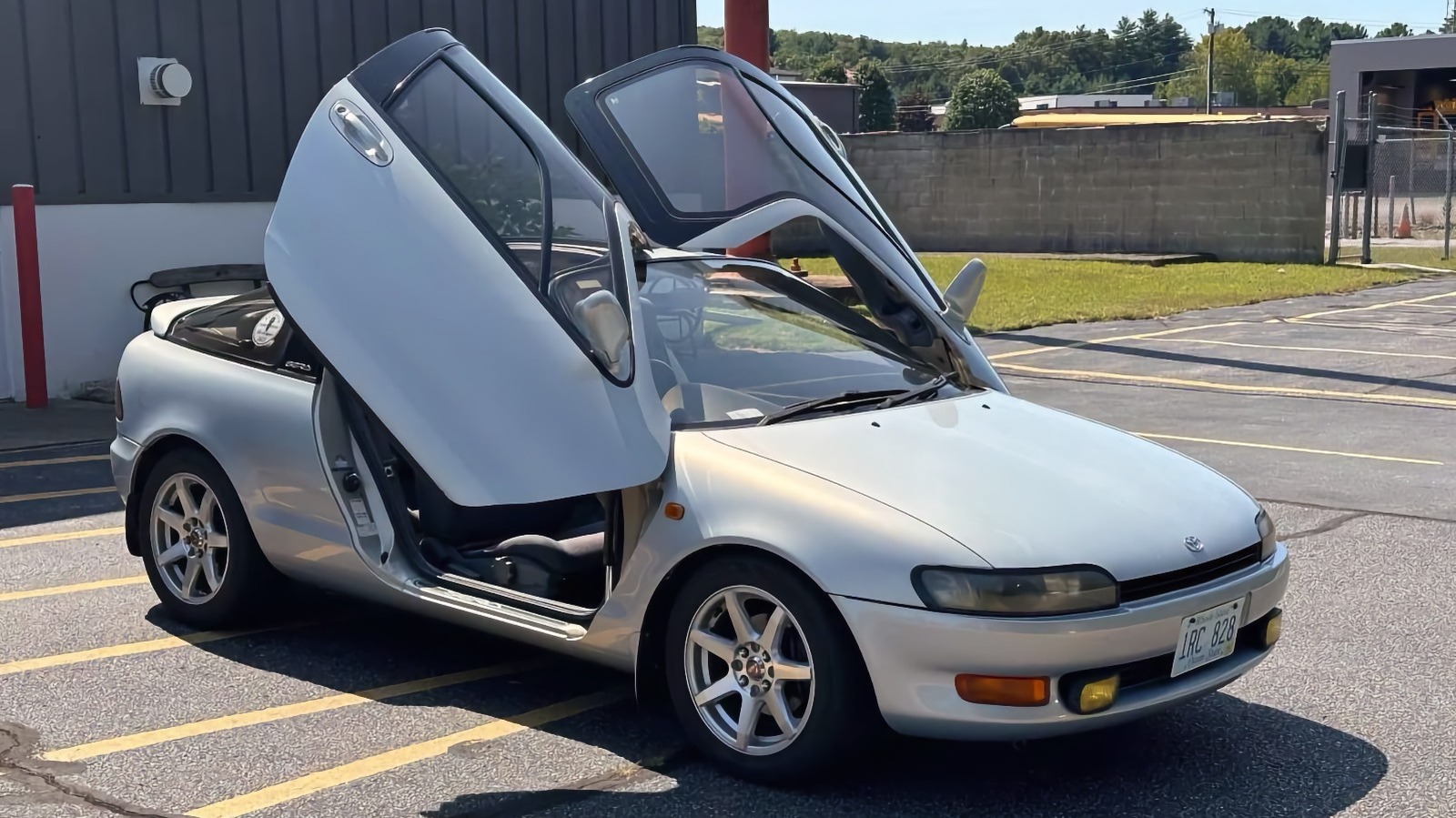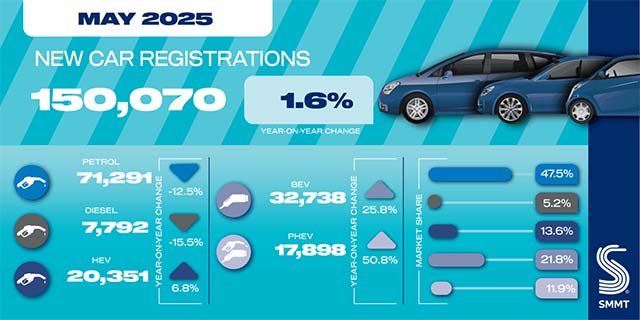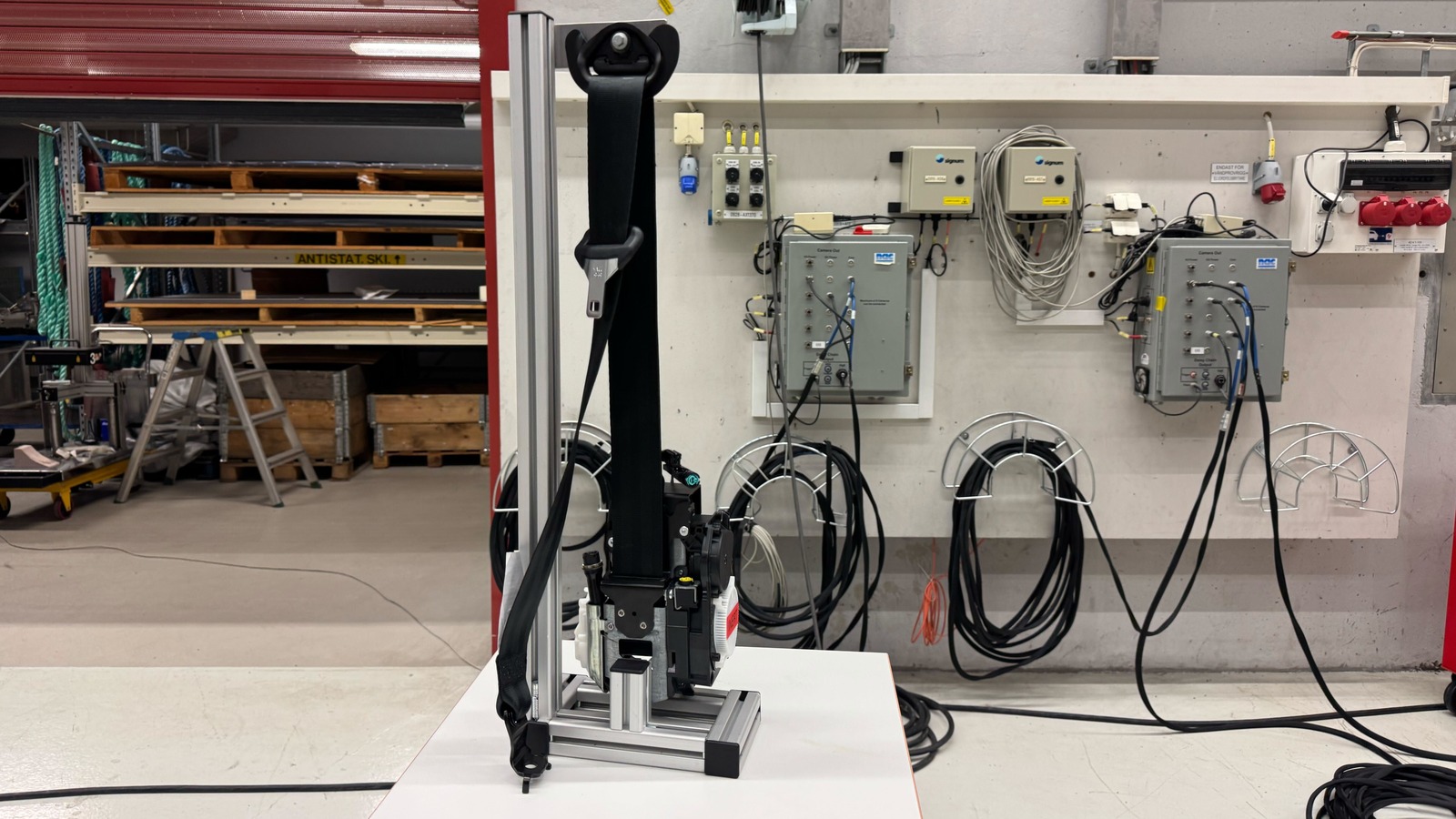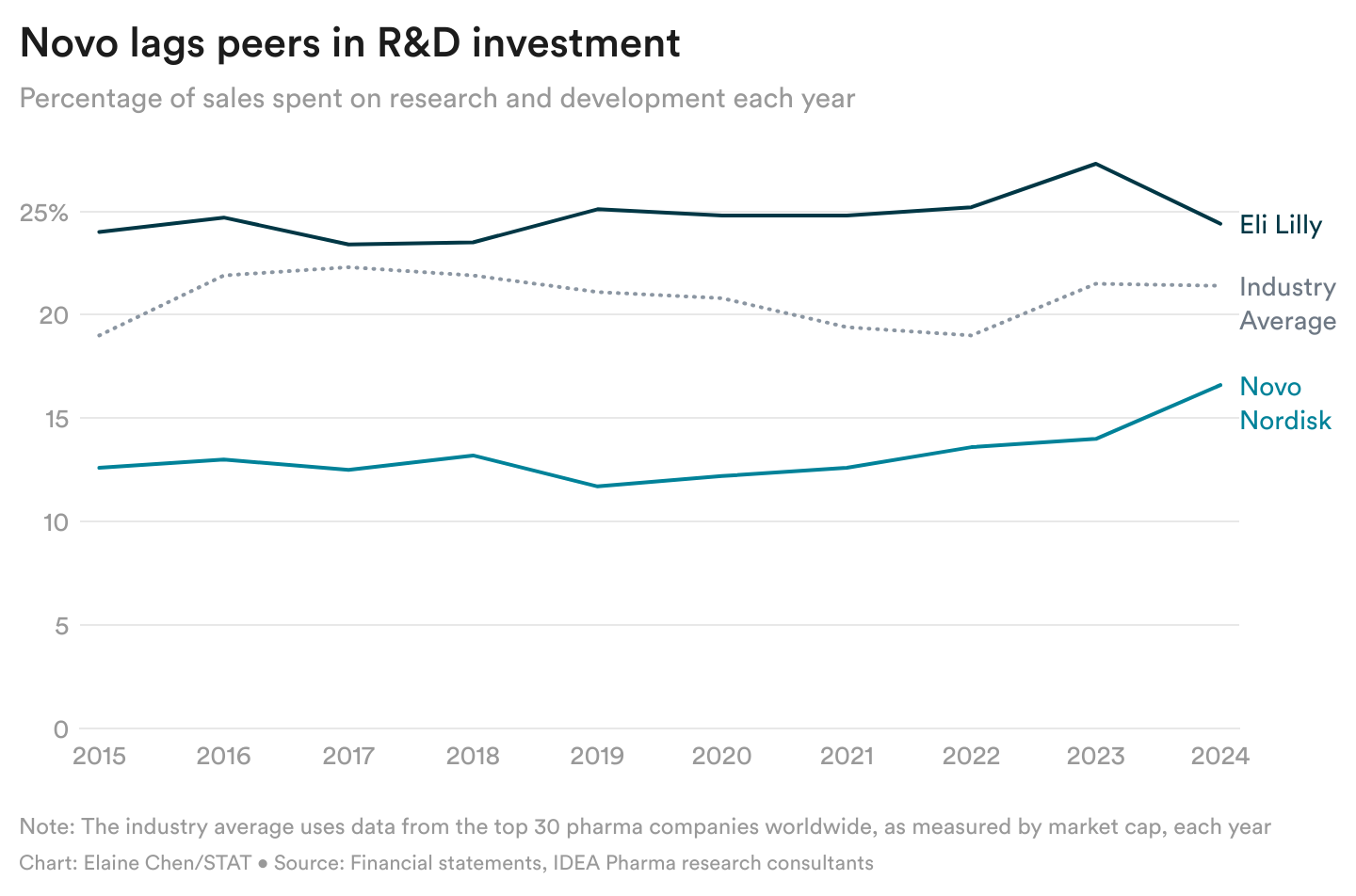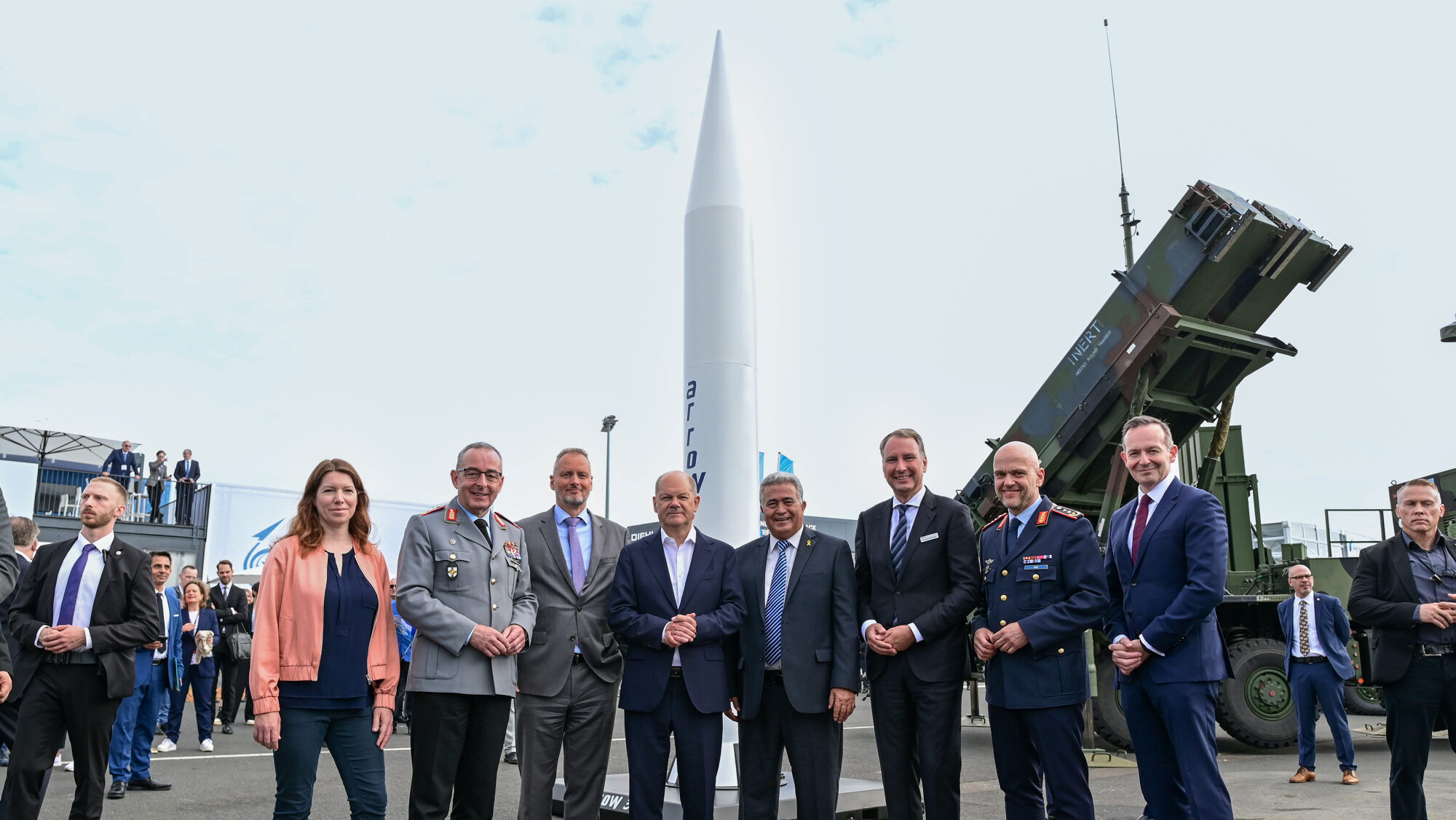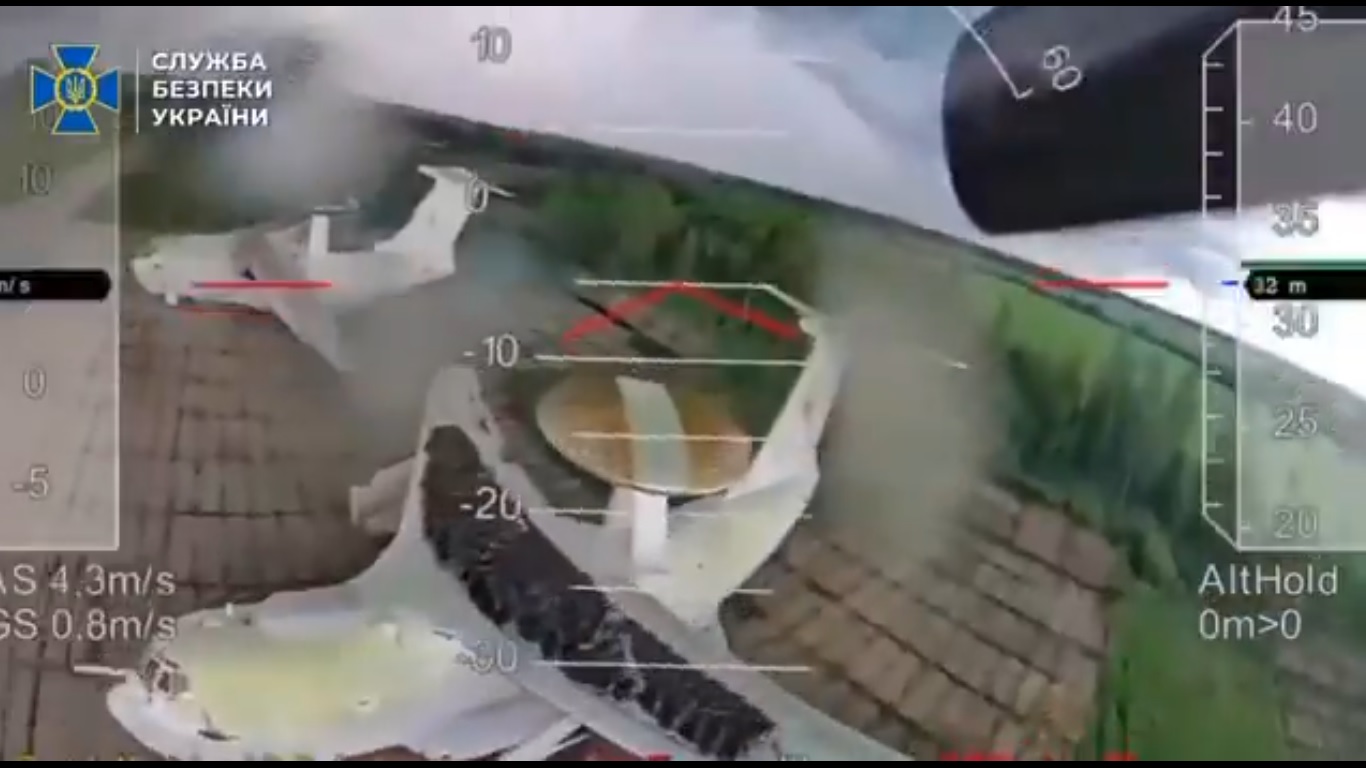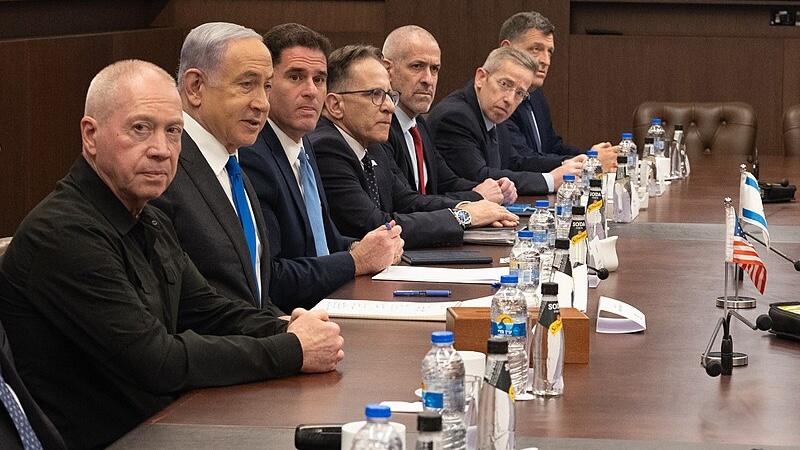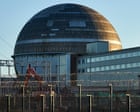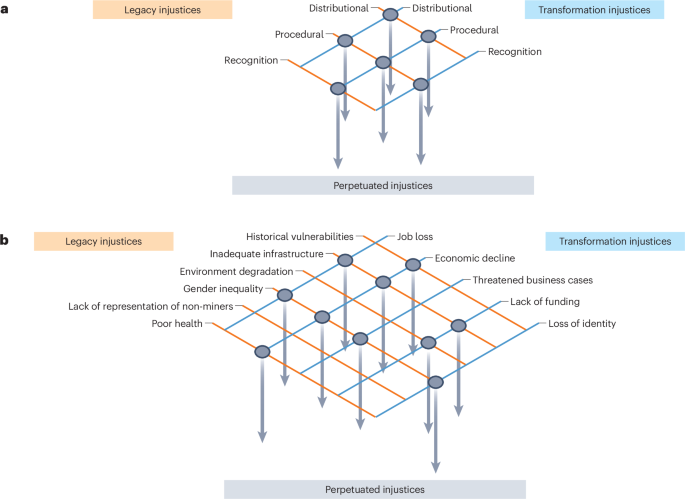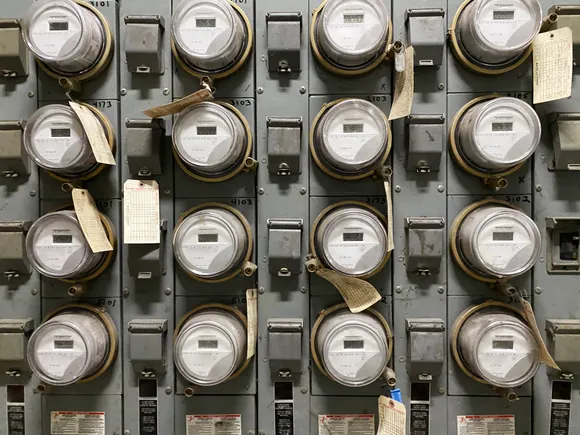Despite Golden Dome, Space Force budget would shrink again under 2026 spending plan
The White House appears to be pinning its hopes on the one-time reconciliation bill.

The White House is requesting $26.3 billion for the service, according to budget documents released on Friday. That’s about 13 percent less, in real terms, than the $29.4 billion requested by the Biden administration for 2025. It’s down from the $28.7 billion actually appropriated under the full-year continuing resolution passed in March. And it’s down from the 2024 total of $29 billion, which represented the fourth year of growth for the young service.
Space Force officials have warned that the service already lacks the money to build out new missions like “space superiority” and take a lead role in the Golden Dome missile-defense project. In March, Chief of Space Operations Gen. Chance Saltzman said the service might need a 20-percent budget increase.
Experts say the White House is betting on the passage of the “One Big Beautiful Bill”—a massive spending package that will kick an extra $150 billion to defense over the next three years. But the administration plans to use most of that in 2026 so it can talk about spending a total of $1 trillion on defense while keeping DOD’s budget essentially flat to appease fiscal conservatives.
“None of this bodes well for the Space Force, homeland missile defense, or any of the other administration policies and priorities in space. It looks like the fiscal hawks are beating the defense hawks within the administration,” said Todd Harrison, a senior fellow with the American Enterprise Institute.
The reconciliation bill passed by the House Armed Service Committee allocates a lot of money to military space activities, including $7.2 billion for military space-based sensors and $4 billion for classified military space superiority programs. The bill is now being debated in the Senate. And despite congressional direction, where the money will exactly go remains up to the DOD. Some lawmakers have called the bill a “slush fund” for the DOD.
The reconciliation bill includes a $25 billion “down payment” on Golden Dome, but it’s unclear whether those funds would be funneled straight to the new Golden Dome program office or through the Space Force.
The administration expects Golden Dome to cost $175 billion over the next three years—a bill too big for the Space Force to front out of its own budget. The White House is likely planning to request Golden Dome funds through a separate pot of money because there’s only so many places to stash $175 billion, even if divided over three years, experts say.
“It was surprising to see a budget calling for less Space Force funding, especially since the Golden Dome will lean heavily on space. But the Golden Dome could be budgeted separately,” said Clayton Swope, a senior fellow at CSIS.
While there’s likely a surge of near-term funding for the Space Force through Golden Dome and the reconciliation bill, Swope warns that these will just be “one-off investments” rather than sustained funding.
The bill text released on Friday contained no details about specific space programs, but a budget request with more information on how the Space Force and Golden Dome will be funded is expected later this month. ]]>







